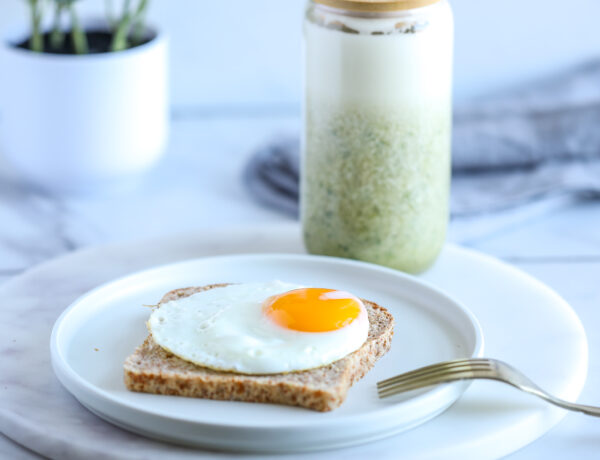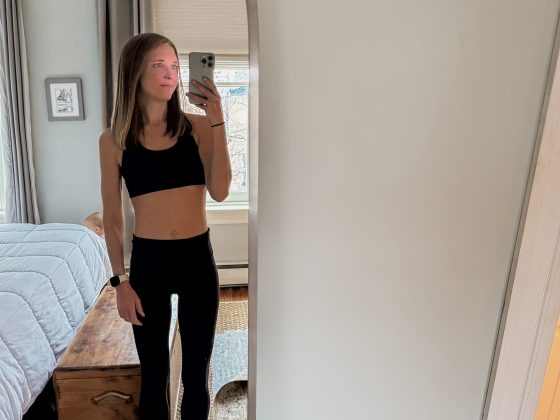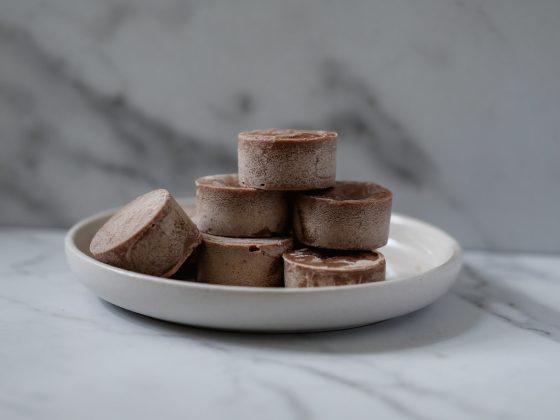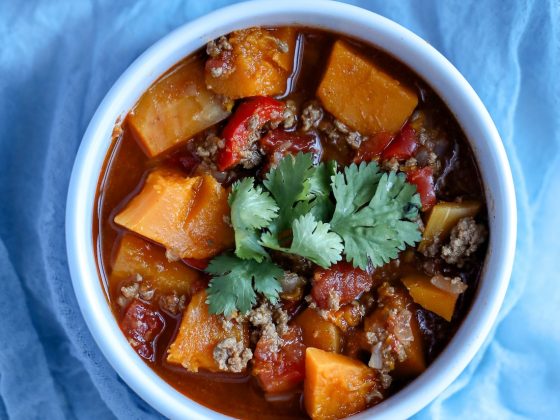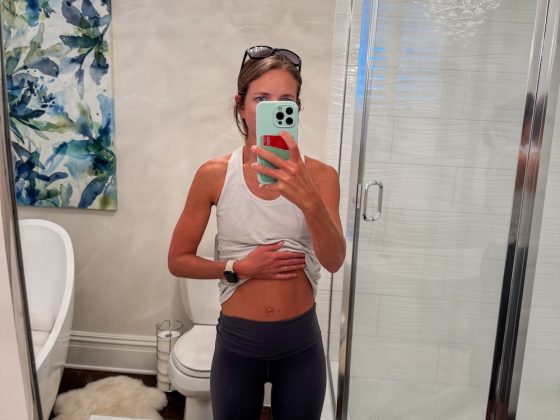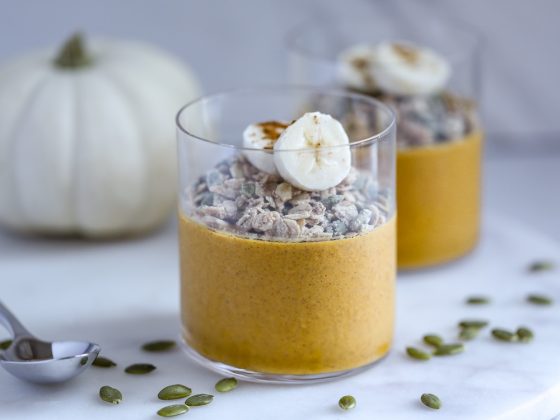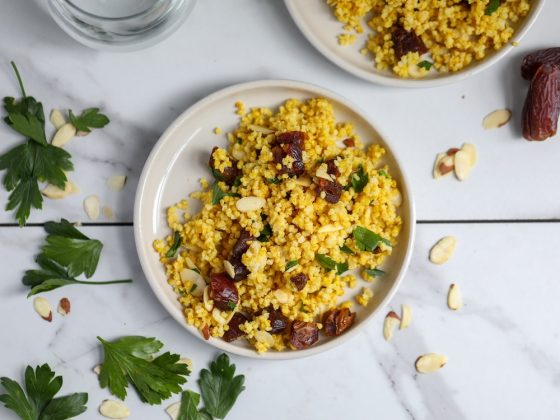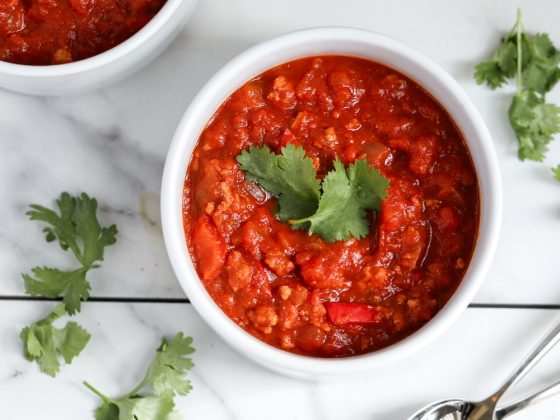Consuming sufficient protein, especially for your first meal of the day, is a hot topic of conversation. In previous decades, bodybuilders and athletes were the ones primarily concerned with their protein intake. And while it is true that getting adequate amounts is linked to building muscle, it is increasingly encouraged due to its positive effects on longevity, immunity, heart health, and metabolism.
So when I asked friend and personal trainer Frances Sacripanti about her morning routine during a Healthified Podcast conversation, her breakfast caught my attention. After a very uncomplicated start to her day, which mostly revolves getting her kids fed and ready for school, she says she comes inside from the bus stop and turns her attention towards herself: “I need to get 30 grams of protein stat because I have [personal training] clients coming in 45 minutes and I want to be ready to go.” She says she typically puts on some energizing music and makes herself an equally energizing morning meal.
If you are someone who struggles with getting enough protein in first thing, know you are not along. “It is hard…breakfast is tricky depending on what you are eating,” says Sacripanti. On that particular day, here is what she put on her plate:
- A piece of Ezekiel toast (5 grams of protein) with Kerrygold butter and a fried egg (6 grams of protein) on top (eaten like an open-faced piece of toast).
- A protein shake (19-20 grams of protein)
She didn’t disclose what went into her protein shake, but with the higher quality protein powders on the market that come with at least 20 grams of protein per scoop, you can create a basic concoction and hit your protein goals (I always recommend Be Well by Kelly brand or Truvani for plant-based).
The bonus? Sacripanti noted that this meal kept her full until lunch, providing her with enough fuel for her training sessions. I don’t know about you, but whenever I sit down to a meal, my main agenda is to feel satiated and satisfied. Protein is the macronutrient that supports both. Not only does eating protein boost dopamine production in the brain (leading you to feel more satisfied), but it also increases leptin, which is the satiety hormone. While a complicated process that involves various hormonal and brain signaling pathways, numerous studies have supported protein-induced satiety.

